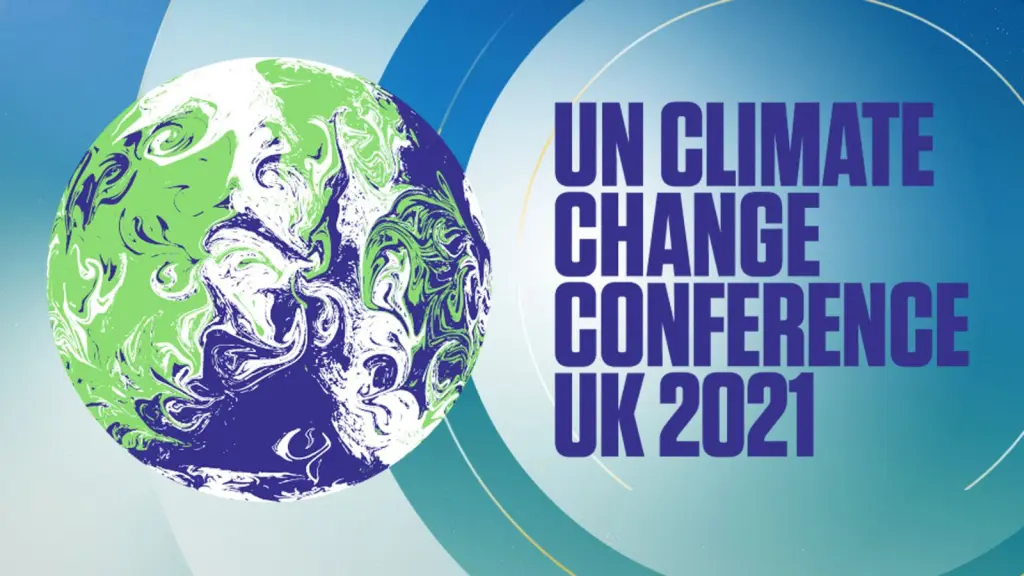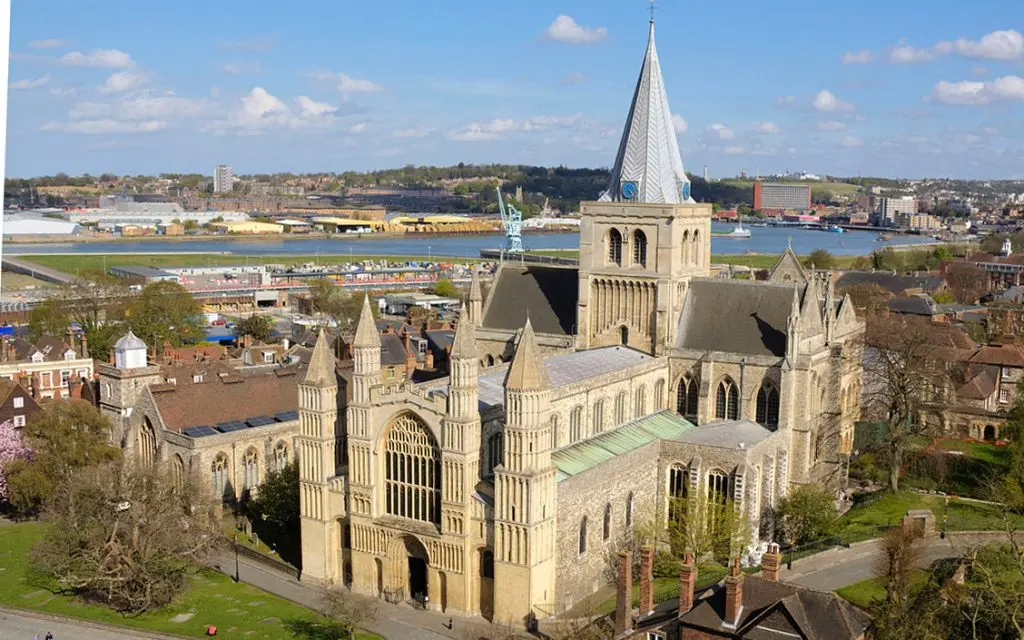Why is the Glasgow Summit so important? What needs to happen at COP26? Whilst the 10 days of the COP26 Conference in Glasgow are important, the months leading up will play a big role. Governments meet together to discuss targets, spur ambition and make commitments. Negotiating is done by national teams, and other global summits create the momentum for action.
COP26 is an important moment for global climate policy. Scientists have warned that if global warming is not kept below 1.5°c above pre-industrial levels, the consequences are irreversible. At COP26, for the first time each nation will be asked to set a date for achieving net-zero carbon emissions. This is a more powerful objective than previous agreements, as net zero sets out a vision for carbon neutrality. Governments are also required to make explicit pledges about what they will achieve by 2030. Ahead of COP26, governments have been increasing their commitments. The COP is an opportunity for these to be stated and welcomed globally, and also to welcome the return of the United States to the Paris Agreement.
In April 2021, the UK Government commitment to cut carbon emissions 78% from 1991 levels by 2035. It extended these targets to include emissions from international aviation and shipping.
At COP26, the UK Government will have two roles:
- As the UK holds the presidency of COP26, it will play a key role in shaping discussion and ambition at the meeting. It can use this role to secure global commitments, and drive just and fair outcomes from talks.
- As a member of the COP, the UK Government needs to commit to its own ambitious targets for net-zero, and outline plans to achieve them.
What is COP26:
COP26 is the 26th annual meeting of the ‘Conference of Parties’ on the United Nations Framework Convention on Climate Change (UNFCCC). This is the international framework through which governments agree action to limit global emissions.
- Where: COP26 is being held in the SEC in Glasgow, Scotland.
- When: from 31 October to 11 November 2021.
- A successful COP26 meeting would be one where:
- The UK government is held to account on its own commitments for climate action
- The government uses the UK presidency to achieve progress on the international agenda for just and fair solutions to the climate crisis
Local, national, global – As Christians, we recognise that our neighbours spread across the world, from local to national to global. Our calling to love our neighbour means that we have a responsibility to seek partnership, listen well and prioritise the needs of others.
Advocacy and Transformation – As a Church, we can take this opportunity to reflect on our own complicity in the climate crisis, and the steps we can take towards change. At the same time, we can amplify our commitment to climate justice by calling on the UK government to do the same.
Caring for God’s creation – A central calling of Christianity is to live in a way which enables both people and planet to flourish. As Churches and as part of a wider body of faiths, we have a strong moral voice to bring as we approach COP26.
Just and Fair commitments – We need to recognise the injustices of the climate crisis, and work towards responses that are fair for everyone. Higher emitting countries must commit to ambitious targets for emissions reduction, as well as paying their fair share to support rebuilding and resilience. Lower emitting countries already on the front-lines need to be able to shape decisions about their own future.
Our Values: what are the churches saying?
In April 2021, the UK Government committed to cut carbon emissions 78% from 1991 levels by 2035. However, there has so far been a gap between the pledges the UK government has made and the action they have taken to meet them. COP26 will be an opportunity to encourage the government to commit to concrete action to close the gaps and keep the UK on track for net zero.
The UK subsidises fossil fuels by directly financing UK oil and gas projects, charging a discounted 5% VAT rate for gas and electricity usage, and freezing fuel duty in successive budgets. Through ‘Make COP Count’, faith groups will be asking the UK Government to end fossil fuel subsidies in the UK.
- UK Carbon reduction and net zero
- Stop funding the expansion of fossil fuel energy
- Spotlight on: Policy Campaigns
- International climate finance
Countries on the front-lines of the climate crisis often do not have sufficient funds to deal with loss and damage, resulting in an incredibly unequal and unjust impact from global warming. There has been little progress at successive COP meetings to get finance to address loss and damage on the agenda. Faith communities are calling for action to protect and support vulnerable people in the long term.
The journey to COP26
Whilst the 10 days of the COP26 Conference in Glasgow are important, the months leading up play a big role. Governments meet together to discuss targets, spur ambition and make commitments. Negotiating is done by national teams, and other global summits create the momentum for action.
Just before the Pre COP meetings, young people from around the world will come together to explore some of the key policies at play at COP26.
After working groups, representatives will meet with delegates to the Pre COP, to discuss ideas.
31 October to 11 November: COP26 Glasgow
COP26 takes place in Glasgow. Delegates will come together for 10 days of negotiations, discussion and events. Depending on Covid regulations, climate activists from around the world are likely to travel to Glasgow in their thousands, celebrating and calling for ambitious action for the climate. Fringe events will take place around the COP meeting, for civil society and faith groups. Inside COP 26, there will be side events where Faith groups and NGO’s will be presenting on the needs of our planet and appropriate climate ambition.

Tags: Advocacy and Transformation, Caring for God’s creation, Just and Fair commitments, Our Values: what are the churches saying?


